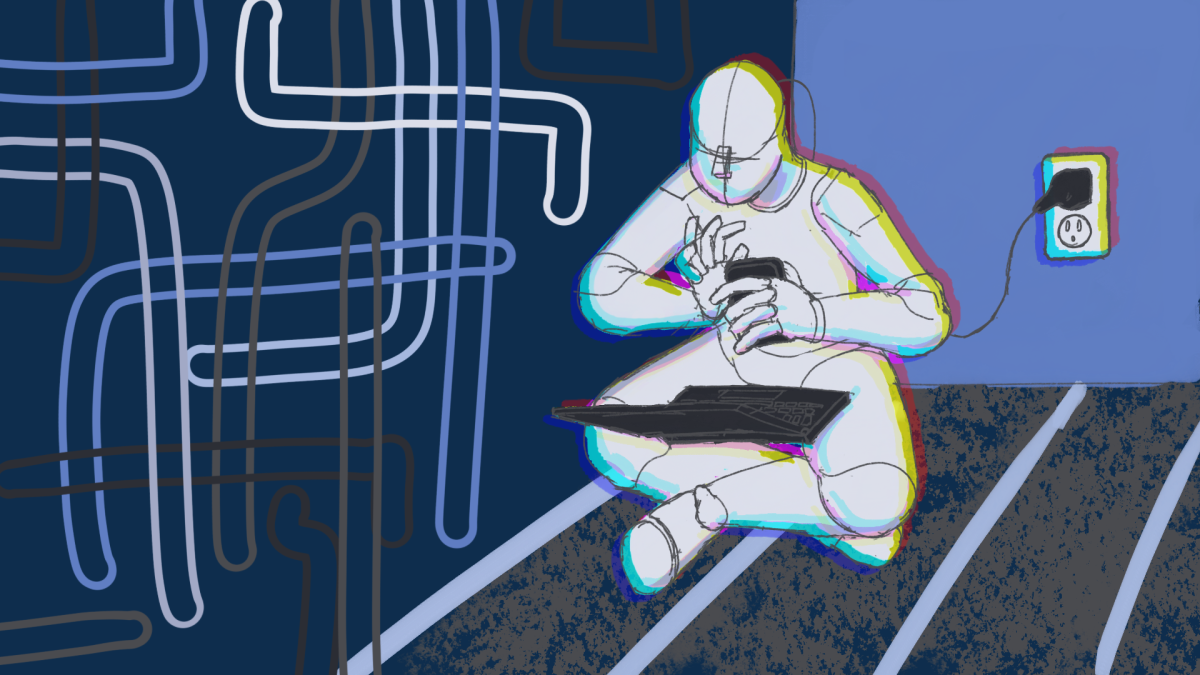As the semester begins, and students invest heavily in their commitments, the well-known feelings of anxiety and stress emerge. This trend is recognizable not only through what we feel inside ourselves, but also when it manifests itself through conversational competitions as to who is truly the busiest of them all.
These contests of whose schedule is closer to busting at the seams are intriguing in that they reveal a deeper dynamic that is ongoing. A social environment thrives where we utilize our busyness, whether perceived or real, as a tool to prove to others that we are indeed important and have social value. It’s as if we all engage in a form of a social market where busyness is the most valuable currency one can tout.
When we participate in this paradigm, we are not proving anything to anyone. We are all aware of this fact. After all, who is actually listening to us by the time we list the eighth to-do item on our agenda this week? The irony exists in the fact that we often use these social contexts to prove something to ourselves rather than others. We unconsciously think if we are busy enough, and others acknowledge our busyness, perhaps our commitments have more worth. Others then become the medium we use for validating and confirming to ourselves that our pursuits and goals are worthwhile.
William Deresiewicz, a former Yale professor and author, strikes at the core of a dynamic at work in these contexts through his piece, “The End of Solitude.”
Published in the Chronicle of Higher Education in 2009, his argument aptly states, “This is what the contemporary self wants. It wants to be recognized, wants to be connected: It wants to be visible…this is the quality that validates us, this is how we become real to ourselves – by being seen by others.”
From this postmodern truth emerges a collective framework in which we all use one another as a litmus test of worth. Each person is looking to others to substantiate what they remain unsure of.
This is precisely why we fall so easily fall into the appeal of busyness as a social currency. We crave it because its perceived surety confirms for us that we are important, doing good work and headed in the correct direction with our commitments and lives. The consistency and dependability of busyness removes the need and the opportunity for quiet and slow spaces, where we are forced to face ourselves as individuals.
In this way, striving for reassurance and value in busyness is counter-productive. The mental clutter and empty comparisons deprive us of the ability to consistently reflect, enjoy solitude and the unscheduled hours where we can consider what is that we truly wish to invest in and value in our lives. While stepping back from busyness can create its own sense of anxiety in the quiet moments, this is precisely the discomfort that is necessary to re-open the space where we can explore balance and perspective in all realms of our lives. This surely is the path worth pursuing.





